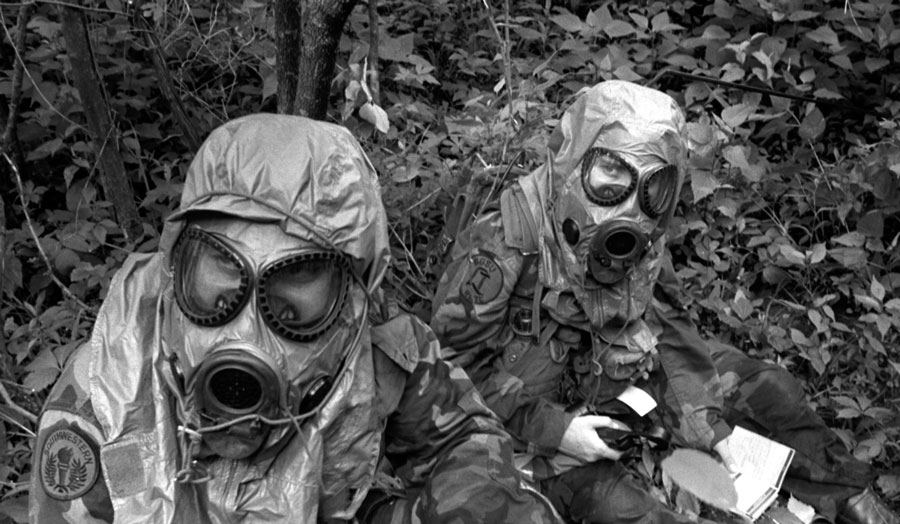A report led by London Met's Prof Lijun Shang warns that the international treaties intended to protect the world against chemical and biological weapons need strengthening.
Date: 08 February 2021
A new report by six leading experts warns that the international treaties intended to protect the world against the threats of chemical and biological weapons, are in urgent need of strengthening.
The report, Biological and Chemical Security After COVID-19: Options for Strengthening the Chemical and Biological Disarmament and Non-Proliferation Regimes highlights the wide spectrum of chemical and biological threats we face and proposes concrete recommendations for the UK and other States Parties to strengthen the Chemical Weapons Convention (CWC) and the Biological and Toxin Weapons Convention (BTWC) in the lead up to the 9th Five-Year Review Conference of the BTWC in 2021 and the 5th Five Year Review Conference of the CWC in 2023.
In this regard, Dr Brett Edwards of Bath University stated that "It is vital for both its own and international security that the UK works constructively with like-minded States to directly address all instances of the weaponization of toxic chemicals and deliberate use of disease as a weapon, wherever and in whatever form they take."
In regard to the CWC, Dr Michael Crowley of Bradford University warned that: "The threats posed from the weaponization of toxic chemicals are real and multifaceted including repeated chemical weapon attacks by Syria upon its own people; chemical assassination operations in Malaysia, Russia and the UK; and troubling State interest in law enforcement weapons employing central nervous system-acting chemicals. In addition, we have witnessed widespread misuse of tear gas by police forces across the world including against Black Lives Matter protestors, risking their health particularly in the midst of COVID-19; and this situation could worsen with the proliferation of tear gas drones and other wide area dispersal mechanisms."
In regard to the BTWC: Dr Simon Whitby of Bradford University noted that: "It is essential that States Parties promote the full and effective implementation of the Convention by enhancing its institutional capacity, developing compliance mechanisms, establishing a systematic process for assessing the security risks and benefits of life science advances. The development of an agreed biological security code of conduct can help facilitate life sciences engagement with the Convention."
Professor Lijun Shang, the project leader at London Metropolitan University stated that: "The pandemic and the recent uses of chemical weapons should remind us all of the importance of chemical and biological security. It is crucial for good governance that the public and parliamentarians are well informed and aware of the potential ways forward to prevent benignly-intended science and technology being used for nefarious purposes."
The initial report will be discussed by the researchers in an upcoming webinar, which will explore the difficulties of integrating the various means of governance external to the UK in relation to the Chemical and Biological Non-Proliferation Regime. They will also review the state of the BTWC and CWC and identify practical opportunities to strengthen these critical Conventions and guarantee their relevance against the backdrop of rapid scientific and technological advancement and growing international instability.
The webinar will be an opportunity for the report’s authors to carry out interviews with stakeholders and the interested public, in order to get feedback which will inform the establishment of strong future connections with Parliament and people on this important issue.
This report was selected by London Metropolitan University for funding via the UK Research and Innovation (UKRI) Strategic Priorities Fund. It was produced as part of a wider project on Strengthening the Chemical and Biological Weapons Conventions.
You may also be interested in: Biological Security Research Centre cartoon

